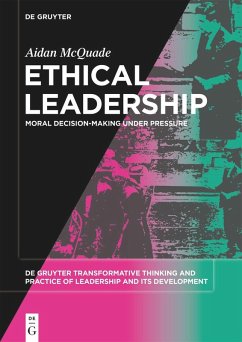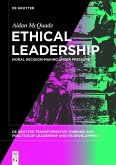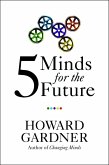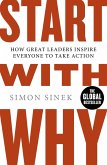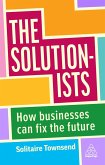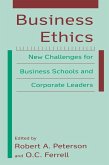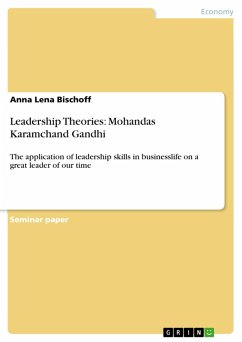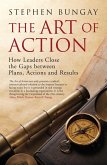In Ethical Leadership, Aidan McQuade provides insight into the concept of human agency - the individual's choice of a course of action in response to the options posed by that individual's engagement with the social world. He puts forth a new model of human agency - the "cruciform of agency" - which recognises that the potential range of individual action emerges from the nature of the resonance that social options strike with personal thoughts. Every action adds to the individual's personal biography in ways that influence subsequent choices by confirming or changing personal values and hopes, hence influencing the way the individual subsequently thinks about the world.
In explaining the potential and limits of human agency for ethical leadership, the book establishes a basis for executives, policy makers and academics to conceptualise and develop more robust and realistic approaches for the mitigation of some of the most pressing moral issues facing humanity today. These include the inter-related challenges of modern slavery and global warming, which pose such critical threats to the Earth itself.
In this book McQuade not only sets an agenda for action but empowers individual leaders to find the moral courage to better advance human rights and preserve the environment even when such action requires unpopular choices.
Events around the book
Link to a De Gruyter Online Event in which the author and independent human rights consultant Aidan McQuade together with Bernd Vogel, Director of the Henley Centre for Leadership at Henley Business School, Joanne Murphy, Director of Research & Co-Director of the Centre for Leadership, Ethics & Organisation at Queen's Management School; Ambassador Luis C. deBaca, Professor from Practice, University of Michigan Law School discuss topics such as: what potentially deters leaders from making ethical decisions; what can they draw upon both internally and externally to do the right thing when doing so may be unpopular; how, in the light of fake news, can leaders communicate ethically; and much more: https://youtu.be/EYAAGiCX4cI
Dieser Download kann aus rechtlichen Gründen nur mit Rechnungsadresse in A, B, BG, CY, CZ, D, DK, EW, E, FIN, F, GR, HR, H, IRL, I, LT, L, LR, M, NL, PL, P, R, S, SLO, SK ausgeliefert werden.
Dr Joanne Murphy, Queen's University, Belfast, UK
There is an appealing authenticity to McQuade's writing that distinguishes it from other perspectives found across the ethical leadership terrain. A number of very persuasive and relatable arguments are presented in this book that are bound to resonate with individuals who find themselves facing ethical questions not as the exception but on a daily basis as part of their organizational lives. A thoroughly engaging and thought-provoking read.
Dr Peter Keenan, Adam Smith Business School, University of Glasgow, UK
I believe the author has found the right balance between practical examples and theory. The powerful stories of ethical decision making included in the book could help leaders facing complex challenges.
Dr Irene Garnelo-Gomez, Henley Business School, UK

